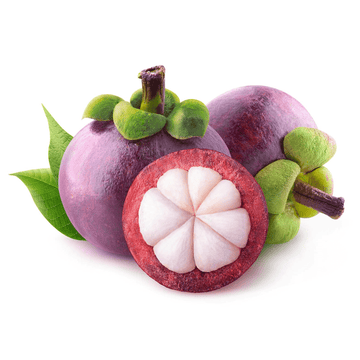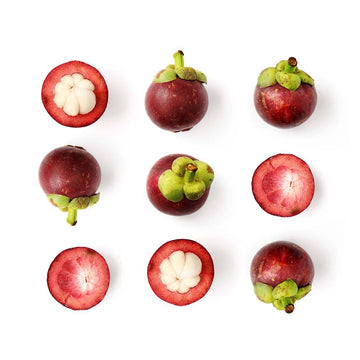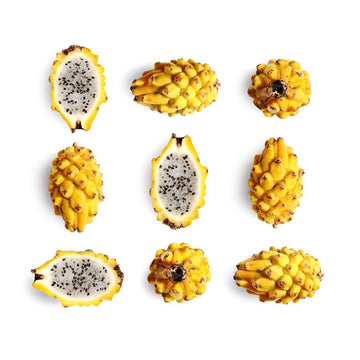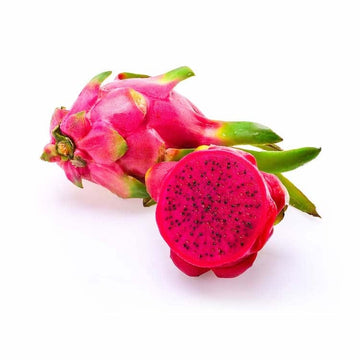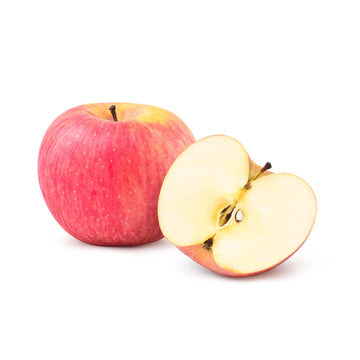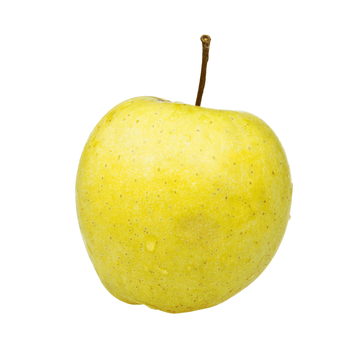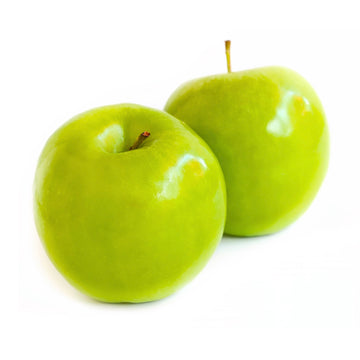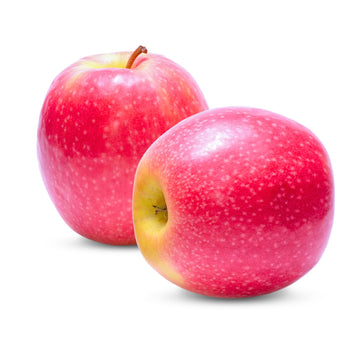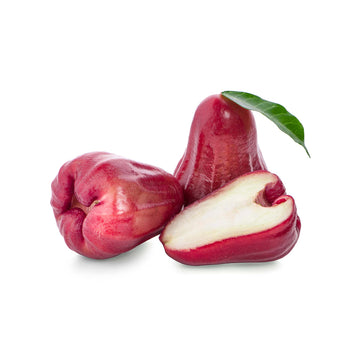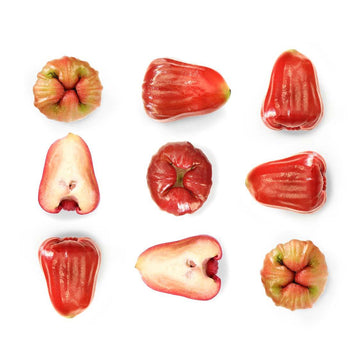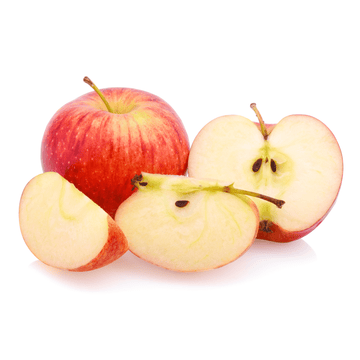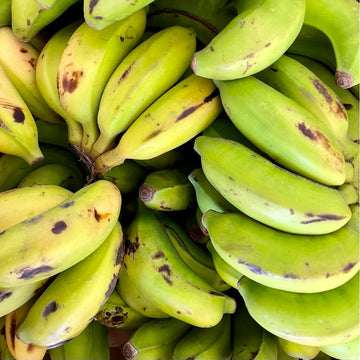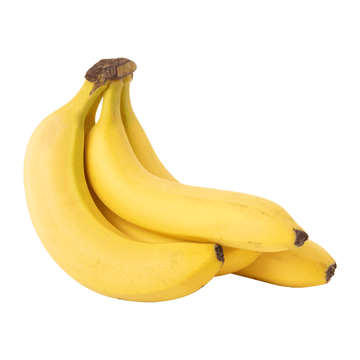How is it possible for a Jackfruit to cost £160
A photo taken by BBC reporter Ricardo Senra went viral on Twitter recently after it showed a jackfruit on sale for £160 in trendy Borough Market, one of London’s largest and oldest food markets in the heart of the city.

It prompted disbelief that a single fruit could cost so much, or even still - someone would even buy it! My initial reaction was, that's considerable risk with minimal margin for everyone involved in making it even possible to buy such an elusive, highly perishable exotic fruit in the heart of London.
As someone in ‘the exotic fruit game’, I thought I would share my thoughts and hopefully shed some insight into how the exotic fruit market works. Full disclosure, I do not know, have never met or knowingly spoken to the vendor or anyone involved in the supply chain for this particular jackfruit, nor do we currently sell a whole jackfruit; we sell freshly peeled jackfruit flesh; you will find out why below.
So how can a Brazilian jackfruit sell for £160? It comes down to the economics of moving a very heavy, highly perishable and fragile product halfway around the world and safely selling it before it gets damaged, spoilt or eaten.
The Jackfruit in the photo looked 20kg+, and its 5,500mile journey from a rural South American farm to the streets of London likely happened in 6 stages before reaching its end consumer.
Farmer - Packer - Customs - Importer - Wholesaler - Vendor - End Consumer

The journey starts with the Jackfruit farmer; the farmers ensure each fruit is grown, cared for, picked at peak ripeness and checked for quality control. The farmers have contracts with regulated local packing houses and various local vendors.

Once picked and checked, the jackfruit is sold to local vendors and packing houses. The local vendors start selling the Jackfruit, and it is reported you can buy a whole jackfruit for as little as $2.25 via street vendors in South America however you will need to carry all 20kg home with you.

For us overseas consumers, the jackfruits journey has barely begun. Highly regulated food-grade packing houses first check for each fruit for quality, ensure it is free from pests and disease, and has handled correctly before being carefully packed for export.
Once packed, the necessary documentation is created, and the fruit begins its airfreight journey to the overseas Importer. Unlike supermarkets, exotics have to be flown otherwise, they just won't make it here before they perish. Apple, pears, melons, bananas, oranges etc all have a long shelf life and can travel by sea, bringing the cost down drastically; it's also why these hard-wearing fruits are the staples in the supermarkets over here. I’ve heard you can sometimes pick up an apple in the supermarket picked by a farmer 4-6 months prior, which would explain why apples are coated in wax.

So, in this case, each 20kg jackfruit requires a plane ticket - this is a significant % of the final RRP as it's comparable to sending a suitcase overseas, plus the cost of the packaging itself. Jackfruit is also very fragile, if dropped from more than 15cm the chances are it's now destined for waste. Upon landing at Heathrow, HMRC will intercept the consignment and cross-check against the attached documentation; this can sometimes cause a delay to HMRC releasing the fruit (the worst thing when handling perishables). Once customs clearance is received, all necessary release and import fees are paid, and the fruit can be collected.
The importer Is likely to have started pre-selling the fruit to the UK and European wholesale markets. The fruit is collected and divided up before being transported in controlled conditions to the wholesaler.

The wholesale markets will then have the fruit available to sell at wholesale prices (roughly 15-30% less than it's final RRP depending on freshness); after 2-3 days, it becomes a bit of a hot potato. It is very likely that a wholesaler sold the viral jackfruit to the vendor at Borough Street Market.

Additional checks we strive to undertake here at Exotic Fruits include ensuring Global Gap practices are adhered to, independent third-party residue tests are conducted, and complete visibility of the supply chain and spray records is maintained.
We’ve been asked about stocking a whole jackfruit several times in the past; however if its jackfruit flesh you're after (the edible bit), we think we've found a better solution that gives our customers ten times the value of the bit that matters most, the golden flesh! Albeit - at the cost of using my pet hate - single-use plastics.
The jackfruit we sell is freshly peeled jackfruit flesh and is one of only two fruits we stock that has been processed in some way, the other being Durian. The reason is simple; both these fruits have a lot of protective rinds, which can make up to 80-85% of the total weight of the fruit. By prepackaging the flesh, we can dramatically bring the cost of logistics down without affecting the best bit's shelf life.
I am are aware this isn't the perfect solution; I hate single-use plastics; it's why we use fully biodegradable or recyclable packaging for all our external packaging. We are currently working with our packing houses to encourage them to make positive changes towards using more eco-friendly packaging choices and remain passionate about driving this change.

So back to the question, How is it possible for a Jackfruit to cost £160? Well, considering the weight, volumetric size, its fragile and perishable nature, logistics, rents, bills, business rates, wages and a number of people required at each stage of the supply chain along with the crazy cost of running a London based business, I can understand the £160 price tag of this exotic hot potato.

